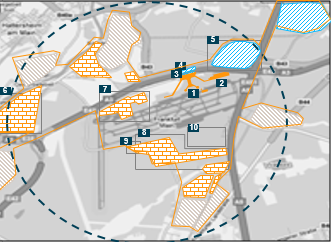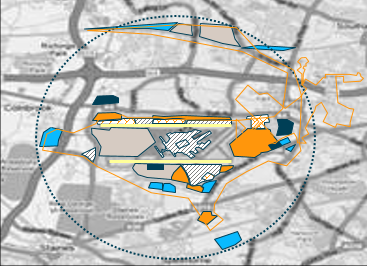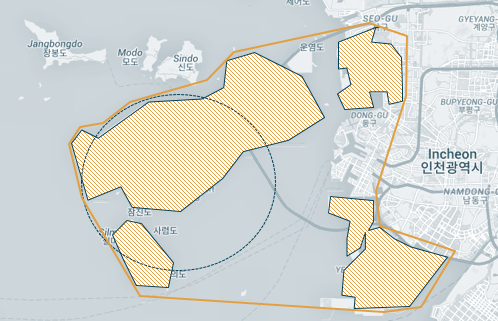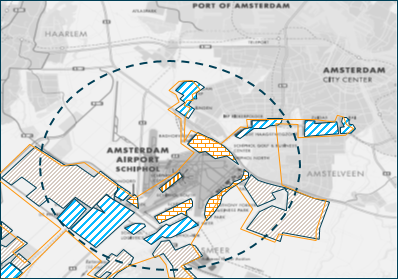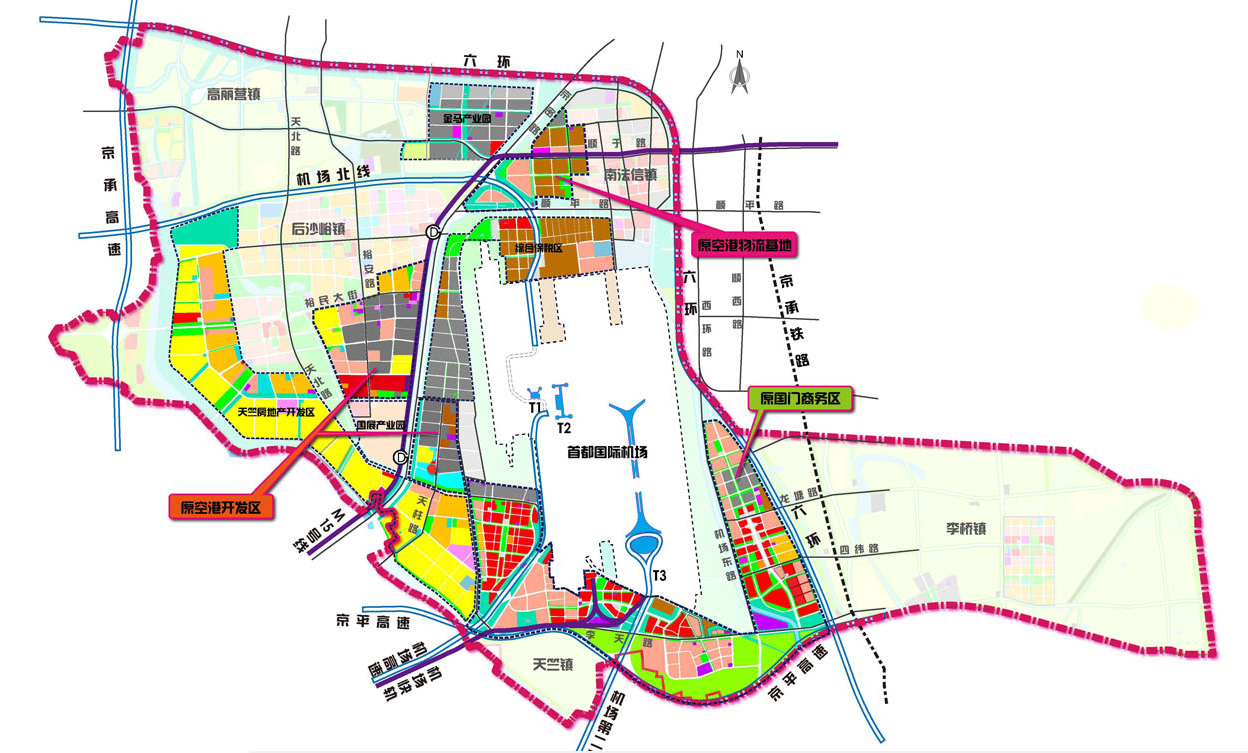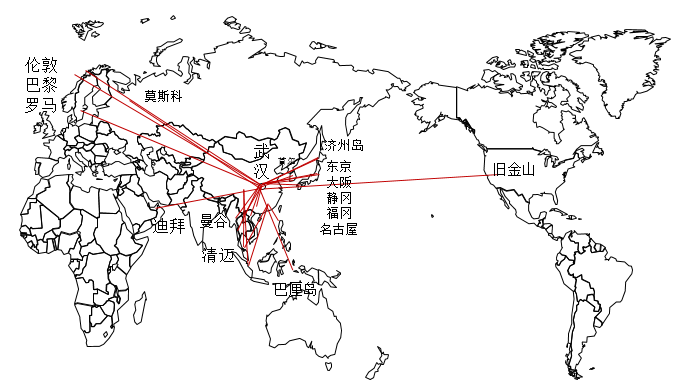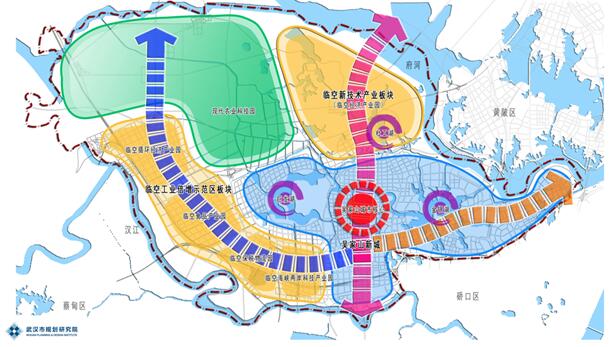武汉临空服务业发展的动力机制研究毕业论文
2020-08-20 20:01:14
摘 要
随着经济发展和航空运输事业的繁荣,围绕机场的临空经济区的建设逐渐成为各地区关注的重点,希望能通过临空经济区的建设发展现代服务业,带动地区整体经济发展。武汉作为中部唯一入选国家服务业试点的城市,积极响应国家号召,努力建设发展临空经济区,通过经济区的建设带动地区经济的发展,成为中部崛起的一股领军力量。本文以武汉机场临空经济区为研究对象,基于理论研究和实证分析,借鉴国内外临空经济区发展经验,探讨了武汉临空服务业发展的现状、形成历程、发展动力及其作用机制。研究表明,作为武汉临空经济的主体,东西湖临空经济区服务业聚集程度较低,临空服务业发展缓慢,武汉市政府应进一步加强临空服务业建设,促进临空经济发展。
关键词:临空经济;服务业;动力机制
Abstract
With the development of the domestic economy and prosperity of the air transportation business, the construction of the airport economic zone has gradually become the focus of attention in various regions, which will promote the development of the service industry and the regional economy. Wuhan, as the only selected national pilot cities, actively responds to the call of the government and strive to develop the airport economic zones. With the development of regional economy driven by the development of the airport economic zone, Wuhan could be a leading force in the central of the mainland in the near future. Based on the theoretical research and empirical analysis, this paper takes the Wuhan airport economic zones as the research object and studies the current situation, formation process, developing force and action mechanism of the airport service industry, referring to the domestic and international development experience of the airport economic zone. Based on the previous analysis, the research result indicates that the current concentration level of the service industry in the East-West Lake Economic Zone of Wuhan is considerably low and the development of the airport service industry in that area is slow. The Wuhan municipal government should strengthen the construction of air service industry and promote the development of airport economy.
Key Words:airport economic; Service industry; dynamicmechanism
目录
摘 要 3
Abstract 4
目录 5
第1章 绪论 1
1.1研究背景 1
1.1.1大力发展现代服务业 1
1.1.2城市化是发展新趋势 2
1.1.3临空经济区是新亮点 2
1.2研究目的 2
1.3国内外研究现状 2
1.3.1 国外研究现状 2
1.3.2 国内研究现状 3
1.3.3 国内外研究评述 4
1.4研究内容与方法 4
1.4.1 研究内容 4
1.4.2 研究方法 5
1.4.3 创新点 5
第2章 临空服务业相关理论与概念 7
2.1相关理论 7
2.1.1区位理论 7
2.1.2产业布局指向性理论 7
2.1.3现代服务业集聚区研究 7
2.1.4国际竞争理论 8
2.2临空服务业的相关概念 9
2.1.1临空经济 9
2.1.2服务业与现代服务业 9
第3章 临空服务业内涵及发展 11
3.1临空服务业内涵 11
3.1.1临空服务业的概念 11
3.1.2临空服务业内涵 11
3.2临空的演变过程 12
3.2.1机场是临空发展起点 12
3.2.2临空指向型产业聚集是发展雏形 12
3.2.3多产业辐射融合是临空经济最终形态 12
3.3临空服务业的构成 13
第4章 国内外临空经济发展模式研究 15
4.1国外临空经济区发展模式 15
4.1.1美国孟菲斯国际机场 15
4.1.2德国法兰克福国际机场 16
4.1.3英国伦敦希斯罗国际机场 17
4.1.4韩国仁川国际机场 18
4.1.5荷兰史基浦国际机场 18
4.2国内临空经济区探索 19
4.2.1北京顺义临空经济区 21
4.2.2上海临空经济区 22
4.2.3郑州临空经济区 23
第5章 临空服务业的形成机理与发展动力 24
5.1临空服务业形成机理 24
5.1.1生产要素机场效益溢出 24
5.1.2企业对于区位的需求 25
5.1.2政府的外力 25
5.2临空服务业的发展动力 26
5.2.1产业间竞争与融合 26
5.2.2相关产业的辐射作用 26
第6章 武汉临空服务业发展的案例分析 28
6.1建设规划与发展现状 28
6.2临空经济集聚度分析 30
6.2.1临空经济区资源禀赋对比 30
6.2.2服务业聚集度分析 31
6.3武汉市发展临空服务业建议 33
6.3.1利用立体交通优势,增强联动 33
6.3.2增大政府支持力度,加快产业聚集 34
6.3.3整体规划,加强产业重组融合 34
6.3.4培养重点人才,鼓励武汉大学生留汉 34
6.3.5增加服务业国际竞争力,培育服务业发展新动能 34
第7章 结论与展望 35
7.1主要研究结论 35
7.2研究不足点与展望 35
参考文献 36
致 谢 38
第1章 绪论
1.1研究背景
1.1.1大力发展现代服务业
我国经济进入改革的深水区,大量的理论实践证明服务业的发展对我国经济有着显著的促进作用,服务业也在我国迅速发展着,根据2016年中国统计年鉴,我国服务业增加值为384221亿元,比上年实际增长7.8%,增速比第二产业高出1.7%,占总GDP的51.6%,国民经济贡献率达58.2%,已成为国民经济第一大产业的服务业无疑是经济发展新常态下的突出亮点。
在经济全球化和全球经济一体化的背景下,发展服务业需要的不单只是做大,准确把握服务业发展的新特点和新趋势,做强服务业进而有效帮助我国经济的腾飞才是迫切需要的。伴随着信息技术和交通运输的发展,现代化的新技术、新方式和新模式对传统行业发起一次次的冲击,在国家加快发展现代服务业的各种政策和支持下,包括云计算、物联网、新金融、电子商务、“五大幸福产业”等的各大服务业快速发展,传统产业和新型产业正面临着重大变革。
图1.1服务业发展状况
相关图片展示:
课题毕业论文、开题报告、任务书、外文翻译、程序设计、图纸设计等资料可联系客服协助查找。

